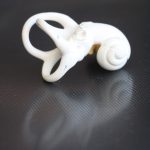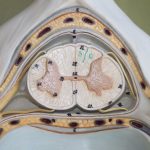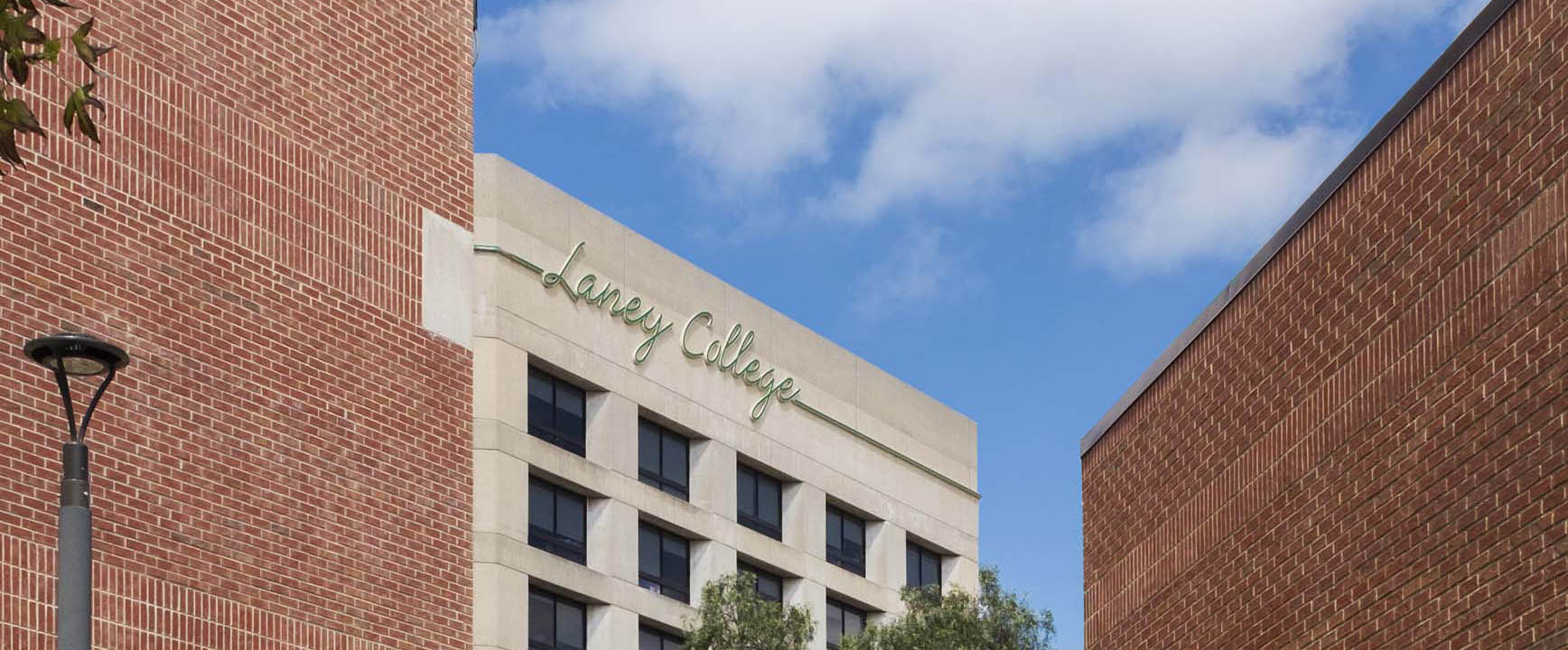Biol 20A/B Anatomy & Physiology:
Biol 20B for Spring 2023:
Masks in our Biol 20B classes please.
Careers in allied health, biotechnology, research and clinical labs and other biology fields, often require wearing a mask as part of the health and safety regulations of that workplace. The Biology department may still be requiring the wearing of masks in the biology classrooms, labs, and offices by all (students, faculty and classified professionals). This is for workplace training as well as health and safety in the ongoing pandemic. Faculty will not ask for vaccine verification. We realize that many people cannot get vaccinated for very serious health issues. This is also another reason masks are required in biology rooms. Additionally, many of your classmates already work in health care professions. Wearing masks provide you and them additional protection.
Biol 20B sections:
There are two sections of Biol 20B this spring 2023. One section will be hybrid and the other 100% online. Hybrid means that lectures will be online and labs will be in the classroom, room B207 on the Laney campus. Classes will meet Mondays & Wednesdays. Section 21062/21063 will meet M&W 3:00-4:15pm with Laurie Allen-Requa, lallenrequa@peralta.edu. You will be required to attend all lab meetings on both Monday and Wednesdays in B207 for the length of the semester. Section 23450/23451 will be 100% online with Dr. Kevin Davis, kdavis@peralta.edu.
Course Overview for Biol 20B:
Biology 20B is the second of a two semester sequence, designed for majors that require a fundamental background in human anatomy and physiology, especially those in allied health and related fields. These include; dental assisting, dental hygiene, emergency medical technician, nursing, paramedic, pharmacy technician, physician assistant, diagnostic medical sonography (ultrasound) and veterinary techn ology. Bio 20B will examine the special senses, endocrine system, cardiovascular, respiratory, urinary, digestive, and reproductive systems. Laboratories will include dissections of laboratory specimens, examination of human cadavers, the use of microscopes, and physiological software. Biol 20A is the prerequisite for Biol 20B.
ology. Bio 20B will examine the special senses, endocrine system, cardiovascular, respiratory, urinary, digestive, and reproductive systems. Laboratories will include dissections of laboratory specimens, examination of human cadavers, the use of microscopes, and physiological software. Biol 20A is the prerequisite for Biol 20B.
Student Learning Outcomes for Biol 20B:
- Recall information quickly (i.e. identify organ parts, blood vessels, histology of systems).
- Explain structure and function of sensory, endocrine, cardiovascular, respiratory, urinary, digestive, and reproductive systems.
- Determine the meaning of anatomical terms by applying knowledge of word roots, suffixes and prefixes.
- Construct and maintain an organized laboratory notebook with important information conducted in each lab period.
- Use microscopes and other equipment correctly and care for them properly.
Course Overview for Biol 20A:
Biology 20A is the first of a two semester sequence, designed for majors that require a fundamental background in human anatomy and physiology, especially those in allied health and related fields. These  include; dental assisting, dental hygiene, emergency medical technician, nursing, paramedic, pharmacy technician, physician assistant, diagnostic medical sonography (ultrasound) and veterinary technology. I strongly recommend taking chemistry prior to taking this class (I know it’s not a prerequisite). Bio 20A will first examine chemistry in biological systems, cytology (cells), and histology (tissues.). The class will then move into the Integumentary system before going on an in-depth study of bones and muscles. Finally, we will end with the nervous system. Laboratories will include dissections of laboratory specimens, examination of human cadavers, the use of microscopes, and physiological software.
include; dental assisting, dental hygiene, emergency medical technician, nursing, paramedic, pharmacy technician, physician assistant, diagnostic medical sonography (ultrasound) and veterinary technology. I strongly recommend taking chemistry prior to taking this class (I know it’s not a prerequisite). Bio 20A will first examine chemistry in biological systems, cytology (cells), and histology (tissues.). The class will then move into the Integumentary system before going on an in-depth study of bones and muscles. Finally, we will end with the nervous system. Laboratories will include dissections of laboratory specimens, examination of human cadavers, the use of microscopes, and physiological software.
Student Learning Outcomes for Biol 20A:
- Recall information quickly (i.e. identify major bones, muscles and organs).
- Explain structure and function of animal cell, tissue types, skeletal, integumentary, and muscular and nervous system.
- Determine the meaning of anatomical terms by applying knowledge of word roots, suffixes and prefixes.
- Construct and maintain an organized laboratory notebook with important information conducted in each lab period.
- Use microscopes and other equipment correctly and care for them properly.



